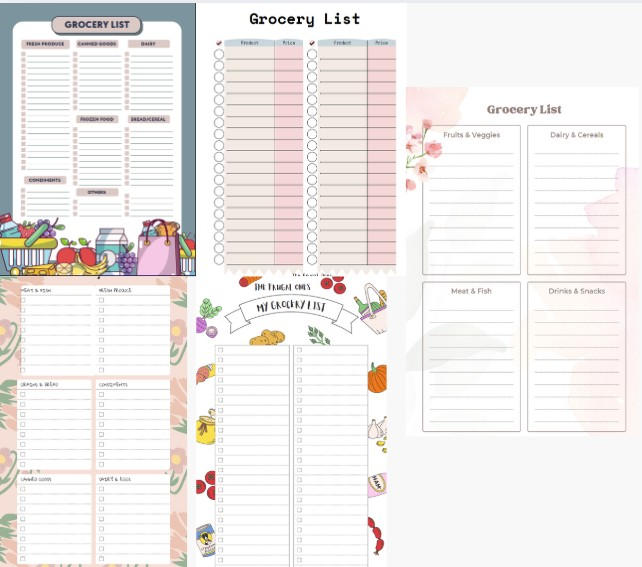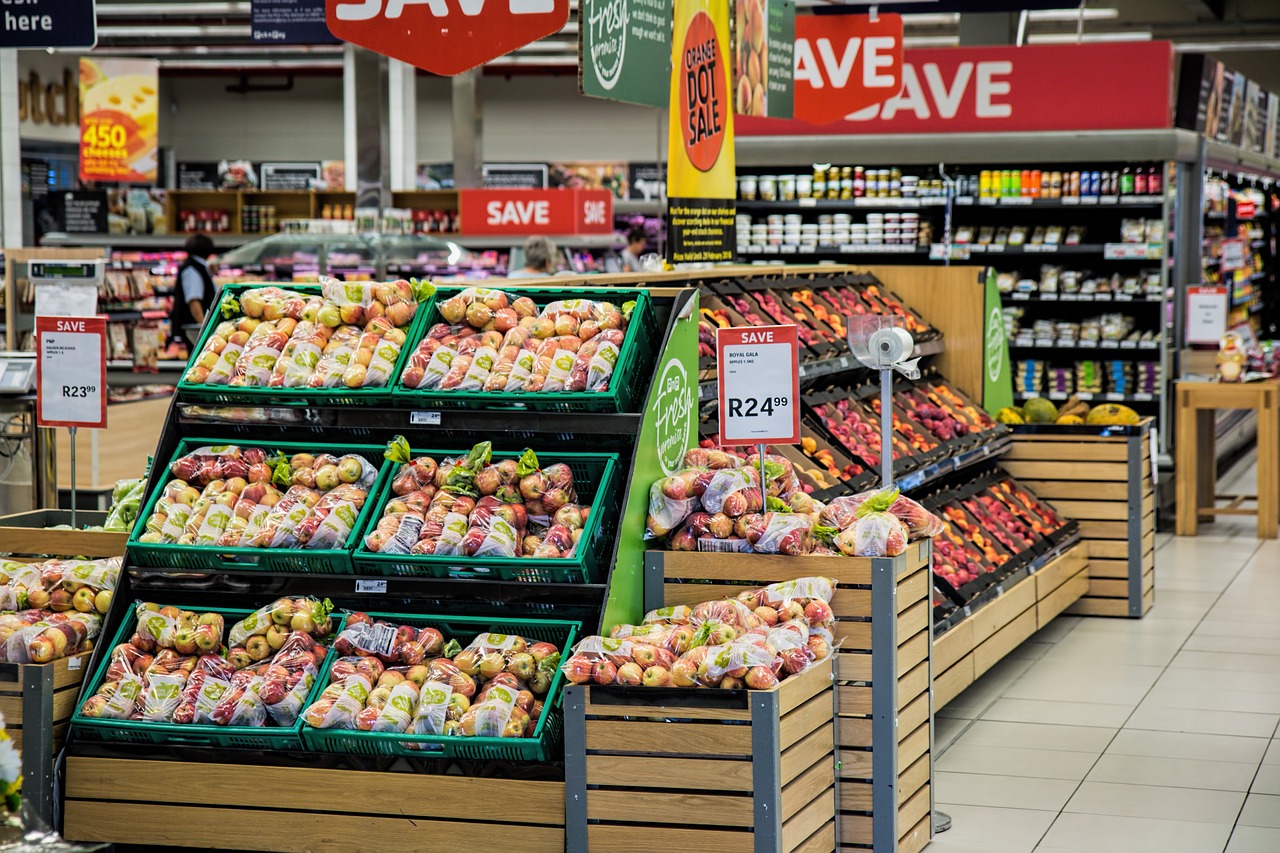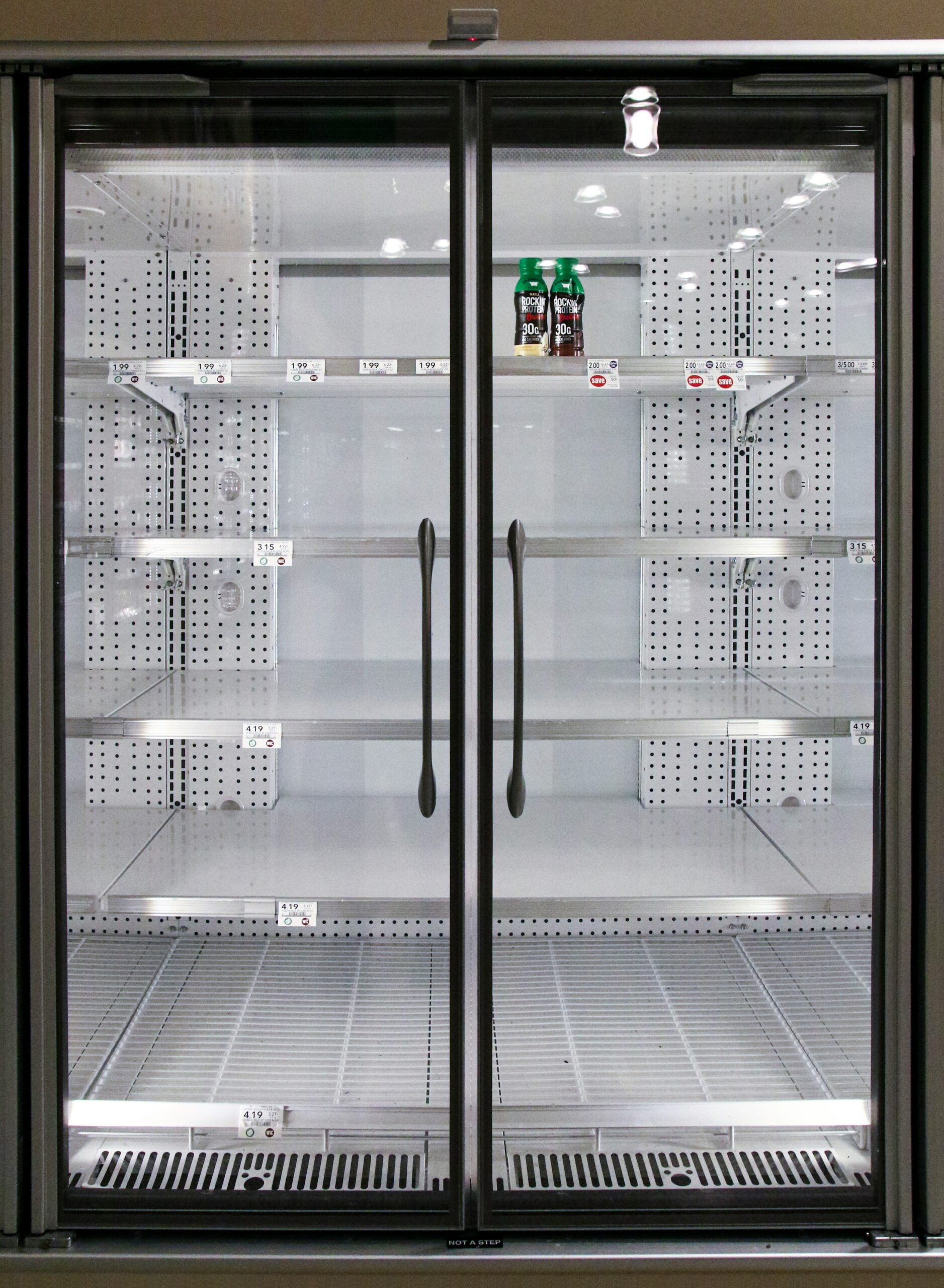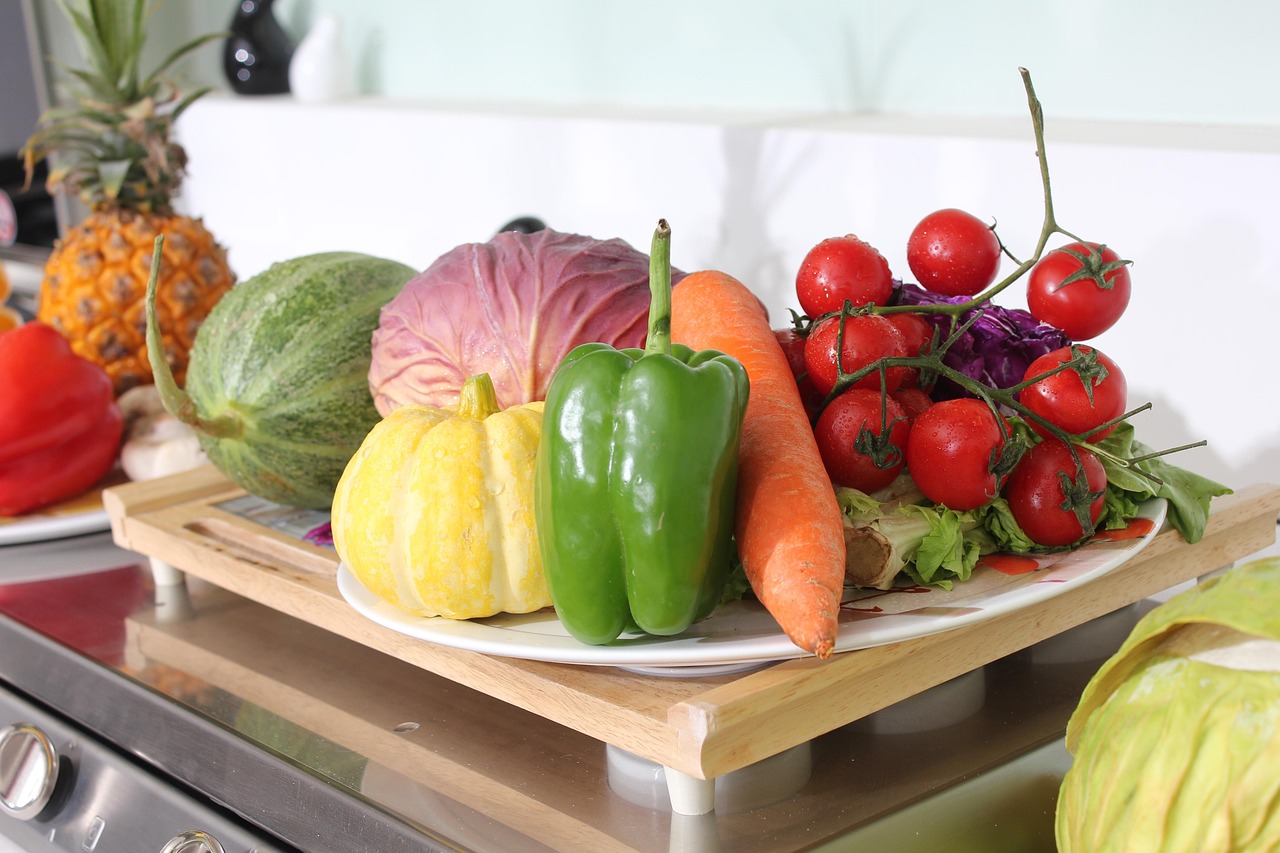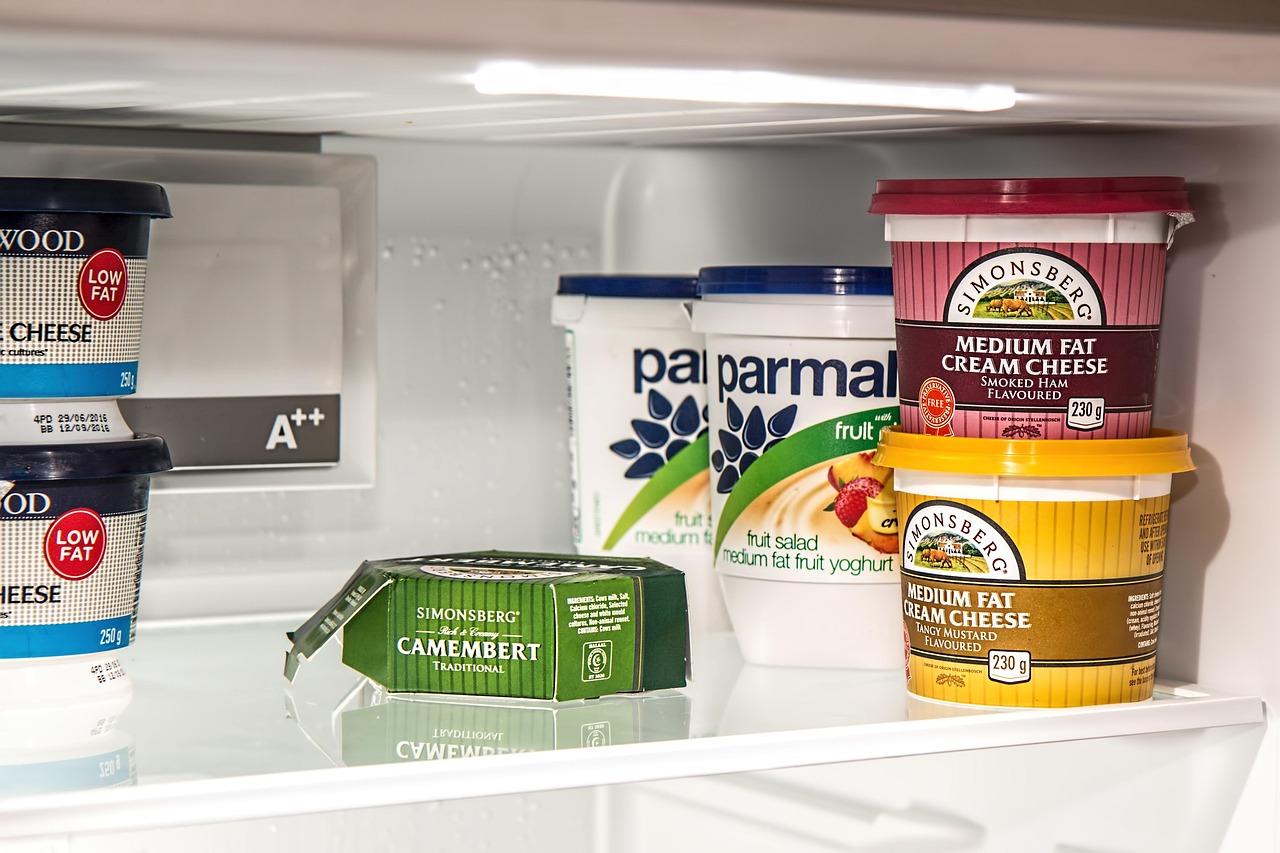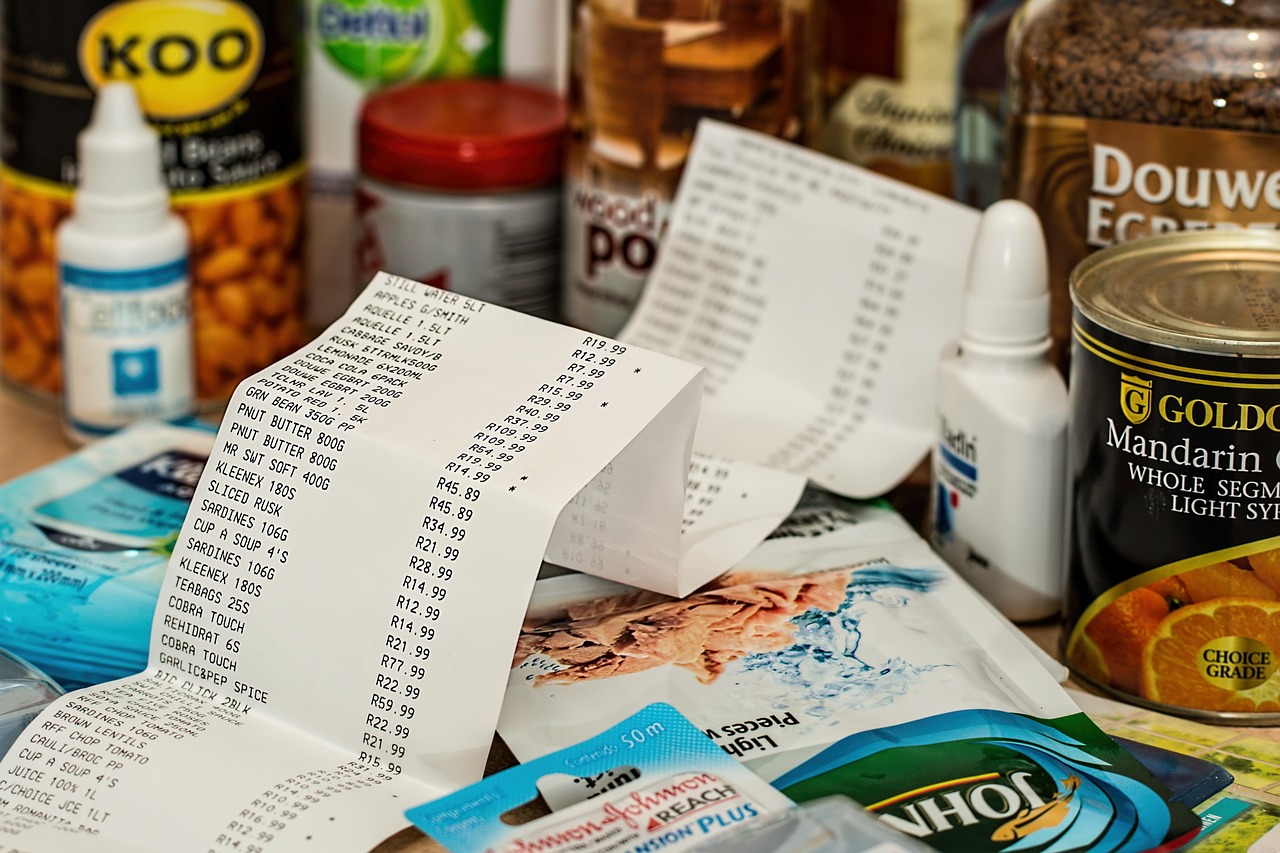Finding meals that are easy on your wallet, quick to make, and actually eaten (without a fight) by kids can feel impossible. These days, feeding a family of four for less than $3 a meal almost sounds like wishful thinking, but I’ve made it my mission to prove it’s not only possible, but it can also be delicious and fun. This article pulls together 100 budget-friendly meals under $3 that fit those exact needs: they’re budget-friendly, take under 30 minutes, and pass the all-important kid taste test.
Category: Save Money on Groceries
Get simple, real-world tips to save money on groceries with The Frugal Ones. Our honest advice comes from hands-on experience and expert insight.
Find More Free Time with an Organized Grocery List
A chaotic grocery trip can eat up hours in an already packed week. If you feel like your shopping routine drains your energy and wastes precious time, a better system might be all you need. An organized grocery list isn’t just about remembering the milk; it’s an easy step that buys you more free hours each week. By planning before walking into the store, you skip the unnecessary laps around crowded aisles, cut down on last-minute decisions, and steer clear of dreaded impulse buys. Streamlining your grocery shopping frees up your schedule, leaving more space for the things that matter most.
Grocery Savings Made Simple: A Six-Step Playbook for 2025
We cut our grocery bill by $100 a week without giving up healthy, good food. We started meal planning each week, made a shopping list, and stuck to it. Buying store brands and shopping sales made a big difference. We also cooked more at home and used leftovers for lunches. This way, our meals stayed fresh, and nothing went to waste. Give these tips a try and see how much you can save.
Save More with Freezable Foods: Complete Guide for Smart Storage
What Foods You Can Freeze You can freeze a lot more than most people realize. I keep bread, butter, and even milk stashed in the freezer (milk’s texture changes but it works fine for baking or cooking). Meat and seafood, as long as they’re wrapped well, keep their quality for months. Fruits like berries, mango, or even grapes go straight into the freezer after washing or light blanching. Shredded cheese, cooked pasta, rice, and soup can all withstand freezing—just portion them out before chilling. Fresh herbs don’t have to wilt away; I freeze them with olive oil in an ice tray and pop out a cube as needed. Dr. Lisa Young, a dietitian, says, “Freezing helps cut back on food waste and gives you more flexibility.” Cheese slices hold up, though hard cheeses last better than soft ones. If you’re unsure about a food’s freezer life, check the label or give it a quick search. I was surprised by how much less we threw away once leftovers had a spot in the freezer.
Banana to Broccoli: Average Shelf Life of Popular Produce
You grab a fresh bag of apples and some leafy greens, but within days your salad mix turns slimy. That’s money and good food down the drain. Learning how long fruits and veggies last means fewer surprises, more savings, and less waste. Fresh food tastes better and keeps you healthy, but it’s also about food safety and getting the most out of your grocery run. A few small changes to how you store your produce can help keep things crisp and tasty. Check our quick tips and shelf-life guide to make your fruit bowl and fridge work for you, not against you.
Grocery Budget Wins: How to Feed Four People for $400
Buying groceries $400 a month isn’t just possible—it can be a nutritious and even an enjoyable routine. With grocery prices soaring, families across the country are looking at their receipts, shaking their heads, and asking themselves where all the food’s going. The truth? A little planning and some smart shopping can take you further than you might think.
Easy Ways to Save Money
When you save money, it isn’t just about stashing away every spare dollar. It’s about building habits that stack up over time, giving you more breathing room in your finances and a little more peace of mind each month. Even the smallest tweaks in your daily choices can pay off big in the long run. You don’t need to flip your life upside down or start living on rice and beans—just a handful of simple, repeatable actions can help you build a stronger financial cushion.
Simple Ingredient Substitutions that Save Money
Swapping out pricey recipe ingredient substitutions for cheaper ones is one of my go-to ways to save money on groceries. Instead of always buying the exact item a recipe calls for, I look for swaps that work just as well and cost less. For example, I often switch out fresh herbs for dried, use canned beans instead of meat, or choose frozen vegetables over fresh. Plain yogurt works great instead of sour cream, and store-brand basics like rice, pasta, and cheese keep meals affordable. Making small changes like these lets you use what you already have in your pantry and skip special trips to the store. Give these swaps a try—your wallet will thank you.
Foods you can Freeze to Save Time and Money
Ever stood in front of your freezer, staring at a pack of wilting spinach or the last two bagels on the counter and thought, “Can I actually freeze this stuff?” Turns out, most people don’t realize just how many foods can go right in the freezer and still taste great later. From shredded cheese to ripe avocados (yes, really), freezing opens up all kinds of possibilities for leftovers and bulk buys. After testing my way through more than a few mystery containers, I found that freezing isn’t just for budget meals or boring old casseroles. Foods like cooked grains, butter, even baked muffins keep their taste and texture with a few smart tricks. According to registered dietitian Rachel Paul, PhD, “freezing locks in nutrients and flavor, as long as you store foods properly.” Try freezing these foods and see how much easier meal prep gets—your grocery budget, and probably your sanity, will thank you for it.
Save Money at the Grocery Store: 12 Simple Strategies That Work
Trying to save money at the grocery store isn’t just a TikTok trend—it’s a lifestyle. Frugal shoppers know how to spot markdowns, work store loyalty programs, and never leave home without a list (armed with digital coupons, of course). They scan shelves for hidden gems, skip pre-packaged foods, and snap up produce that’s fresh but not fancy. It’s all about smart swaps and knowing the difference between splurging on real flavor and stocking up on everyday basics. Let the savvy energy take over your next grocery run; you’ll feel the satisfaction when you see your total drop at checkout.











